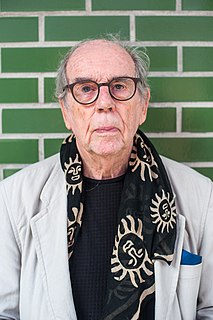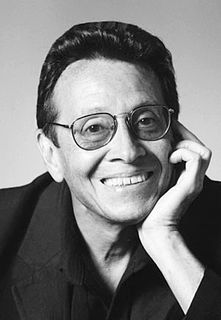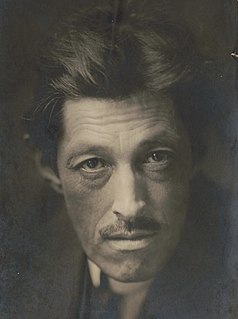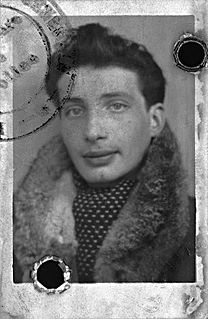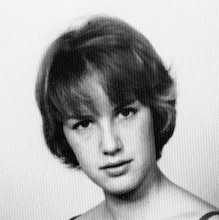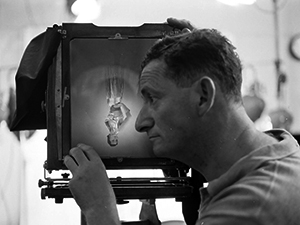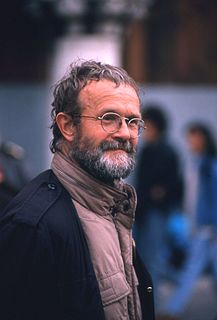A Quote by David Hurn
This idea fascinates me. The idea that a few seconds of watching a photographer in action can tell you his/her status in the medium. And it's true. If you watch a photographer of merit working an event he/she does not look like an amateur.
Related Quotes
Sometimes a photographer is a passenger, sometimes a person who stays in one place. What he watches changes constantly, but his watching never changes. He doesn't examine like a doctor, defend like a lawyer, analyze like a scholar, support like a priest, make people laugh like a comedian, or intoxicate like a singer. He only watches. This is enough. No, this is all I can do. All a photographer can do is watch. Therefore, a photographer has to watch all the time. He must face the object and make his entire body an eye. A photographer is someone who wagers everything on seeing.
Any photographer worth his/her salt - that is, any photographer of professional caliber, in control of the craft, regardless of imagistic bent - can make virtually anything look good. Which means, of course, that she or he can make virtually anything look bad - or look just about any way at all. After all, that is the real work of photography: making things look, deciding how a thing is to appear in the image.
There is no art which affords less opportunity to execute expression than photography. Everything is concentrated in a few seconds, when after perhaps an hours seeking, waiting, and hesitation, the photographer sees the realization of his inward vision, and in that moment he has one advantage over most arts - his medium is swift enough to record his momentary inspiration.
A photographer is a witness. He has a moral duty. Every picture must be true and honest. I believe a photographer's strength is his ability to accurately record reality. There are photographers who think they are lucky if they find unusual or special subject. But it is never the subject that is so marvelous. It is how alive and real the photographer can make it.
[Photographer Julian Wasser] had this great idea that I should play chess naked with Marcel Duchamp and it seem to be such a great idea that it was just like the best idea I'd ever heard in my life. It was like a great idea. I mean, it was - Not only was it vengeance, it was art, and it was, like, a great idea. And even if it didn't get any vengeance, it would still turn out okay with me because, you know, I would be sort of immortalized.
She laughs and looks out the window and I think for a minute that she's going to start to cry. I'm standing by the door and I look over at the Elvis Costello poster, at his eyes, watching her, watching us, and I try to get her away from it, so I tell her to come over here, sit down, and she thinks I want to hug her or something and she comes over to me and puts her arms around my back and says something like 'I think we've all lost some sort of feeling.
I think that the photographer must completely control his picture and bring to it all his personality, and in this area most photographs never transcend being just snapshots. When a great photographer does infuse the snapshot with his personality and vision, it can be transformed into something truly moving and beautiful.
